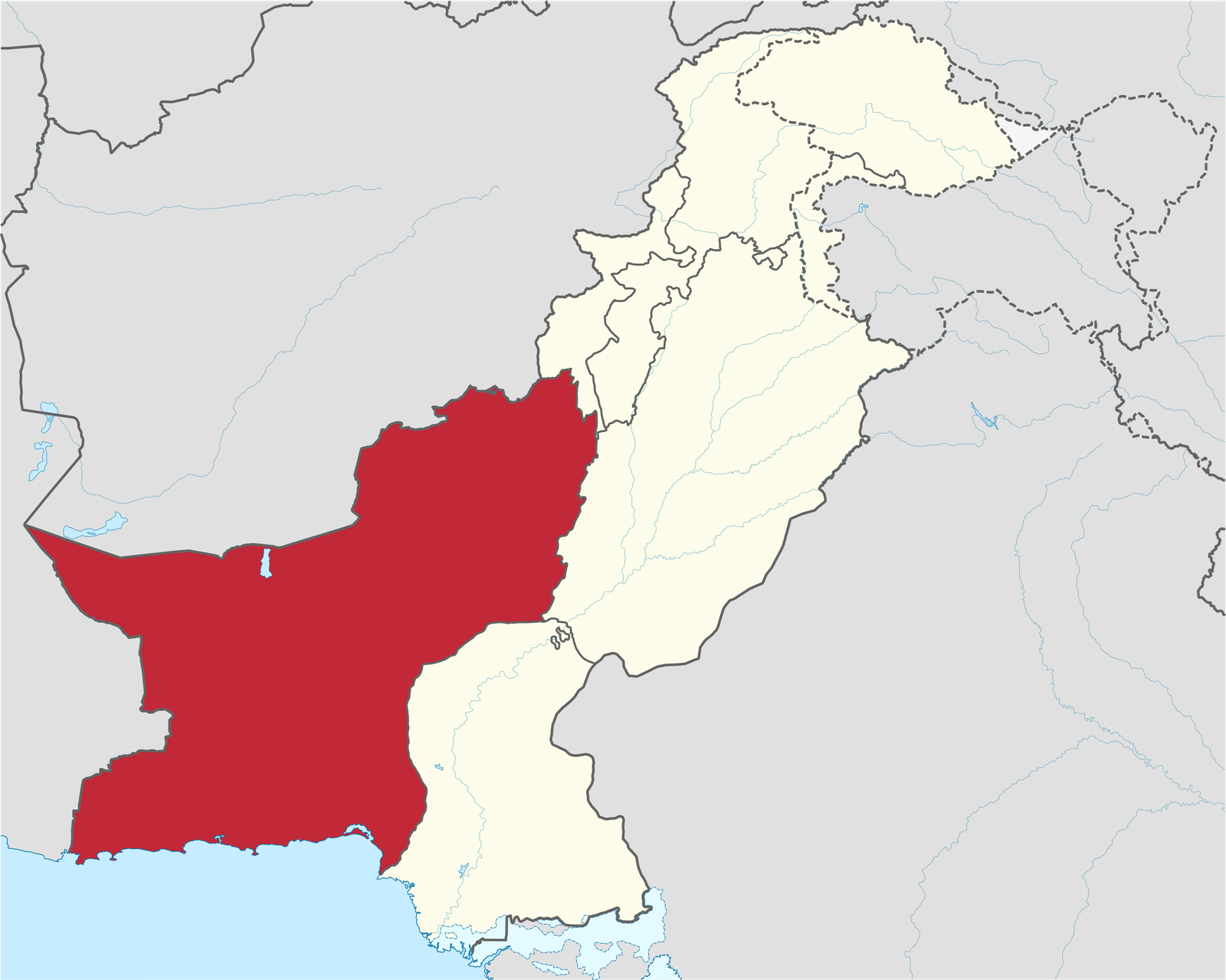Tahir Maqsood Chheena
As global leaders gathered under the bright lights of Egypt’s Red Sea resort city, Sharm el-Sheikh, the rhetoric of peace once again drowned the reality of injustice. The occasion was heralded as a new dawn for the Middle East — an end to decades of bloodshed between Israel and Palestine. Leading the celebrations was US President Donald Trump, basking in praise for his so-called Gaza peace plan. With his trademark bravado, he declared that “the long and painful nightmare is finally over.” Yet, beneath the applause and photo opportunities, there was little to suggest that genuine peace had arrived in the Holy Land.
It is true that the guns have fallen silent and the skies above Gaza are momentarily free from bombardment. But peace is not merely the absence of war — it is the presence of justice, dignity, and sovereignty. Trump’s plan, much like previous Western-led interventions in the region, lacks these essential ingredients. While violence may have ceased, occupation and dispossession persist.
Follow Republic Policy on YouTube
Pakistan’s prime minister was among those quick to applaud Trump’s efforts, calling him a “saviour of millions” and even suggesting a Nobel Peace Prize. Yet such endorsements ignore the deeper reality — that the Trump plan offers no concrete path to a sovereign Palestinian state. Egypt’s President Abdel Fattah el-Sisi claimed the agreement “paves the way for a two-state solution,” but the deal contains no enforceable mechanism for statehood. It is reminiscent of the Oslo Accords of 1993, which promised much but delivered little. Oslo collapsed under the weight of Israeli insincerity and the eruption of the Second Intifada. History warns us that without commitment to justice, any promise of peace is doomed to fail.
The proposed foreign-administered arrangement for Gaza is equally problematic. Plans for a multinational force to govern the Strip resemble the colonial-era mandates that once divided the Middle East. The idea of foreign troops patrolling Palestinian streets undermines both dignity and sovereignty. Past examples offer sobering lessons — from the ill-fated American and European peacekeeping missions during Lebanon’s civil war to the disastrous “nation-building” experiments in Iraq and Afghanistan. Gaza and the West Bank cannot be ruled by outsiders without repeating history’s mistakes.
Follow Republic Policy on Facebook
The only legitimate authority over Palestinian land must come from within — from its people and their representatives. All Palestinian factions, whether Fatah, Hamas, or smaller groups, must unite under a national consensus. A transitional Palestinian administration, rooted in local legitimacy, should oversee governance until credible elections can be held. External powers can assist in reconstruction, but not in ruling. Anything else would perpetuate dependency and strip Palestinians of their agency.
Follow Republic Policy on TikTok
Yet, as leaders toasted “peace” in Sharm el-Sheikh, an ominous silence hung over the issue of accountability. There was no mention of the atrocities committed during the Gaza genocide — of the tens of thousands killed, starved, and maimed. There was no reference to the war crimes of collective punishment, the deliberate targeting of civilians, or the blockade that turned Gaza into an open-air prison. Once again, Israel has escaped justice. Its long record of impunity — from the Nakba of 1948 to the repeated bombardments of Gaza — has emboldened it to act without restraint.
Follow Republic Policy on Instagram
If the world truly wishes to end the cycle of violence, it must begin with accountability. Those in Tel Aviv responsible for orchestrating and executing the Gaza genocide must face international justice. Without it, the phrase “never again” will remain an empty slogan. The victims of Gaza deserve more than sympathy; they deserve justice under international law. Only by confronting Israel’s impunity can a durable peace emerge.
Follow Republic Policy on WhatsApp Channel
The second essential step is political — the establishment of a sovereign, contiguous, and viable Palestinian state. The two-state solution, long touted yet never realised, must be revived in substance, not just in rhetoric. Palestinians must control their borders, resources, and destiny. Any arrangement that denies them full sovereignty merely prolongs occupation under another name.
Trump’s peace plan, though celebrated as a diplomatic triumph, risks becoming another theatrical illusion — one that masks the deeper wounds of injustice. True peace requires more than ceasefires and ceremonies; it demands moral courage, political integrity, and recognition of Palestinian humanity.
In the end, peace cannot be imposed by power; it must be built through justice. Until then, the mirage of Middle East stability will remain just that — a mirage.
















